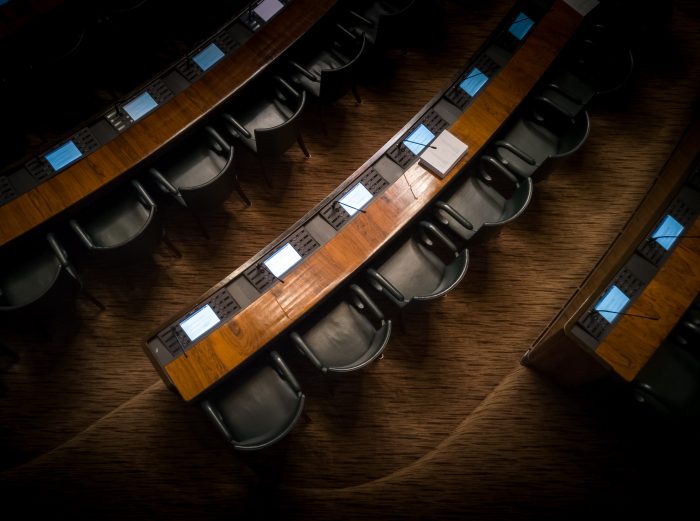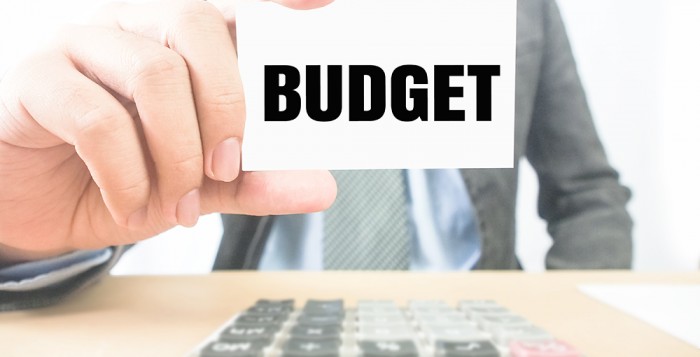The House Appropriations Committee held the 2025 Department of Human Services (DHS) Budget Hearing at the Capitol in Harrisburg on Tuesday, March 4, 2025. DHS was represented by Secretary Dr. Valerie Arkoosh and Gloria Gilligan, Director of Fiscal Management, Office of the Budget. Other DHS leadership was also present.
The House Appropriations Committee was equipped with questions surrounding the proposed $21B DHS budget that focused on intersects with operating critical services for vulnerable Pennsylvanians across the human services landscape. RCPA submitted questions to the House Appropriations Committee’s legislators that voiced the concerns of the membership across all policy areas.
The hearing today covered several of those questions, including:
- The projected $2.5B dollar increase in the capitation and intersects with Medicaid unwinding in PA;
- Impacts of potential federal Medicaid cuts on state Medicaid funding;
- Addressing IDD waitlists and funding;
- The ongoing funding of SNAP benefits and how the state is addressing fraud, waste, and abuse;
- Efforts to stabilize the human services workforce infrastructure with hiring and retention funding;
- Childcare and early education funding, including $10M in early intervention workforce monies;
- Concerns about the fiscal and operational risks of covering GLP-1 medications; and
- The sustainability of State human services with the increases over the last several years.
RCPA will continue to monitor the hearings and subsequent reporting, and we plan to provide an overview of the Senate Appropriations Committee DHS Budget Hearing held today, March 5. If you have any questions, please contact your respective RCPA Policy Director.
Members can watch the full hearings and read the transcripts below:









